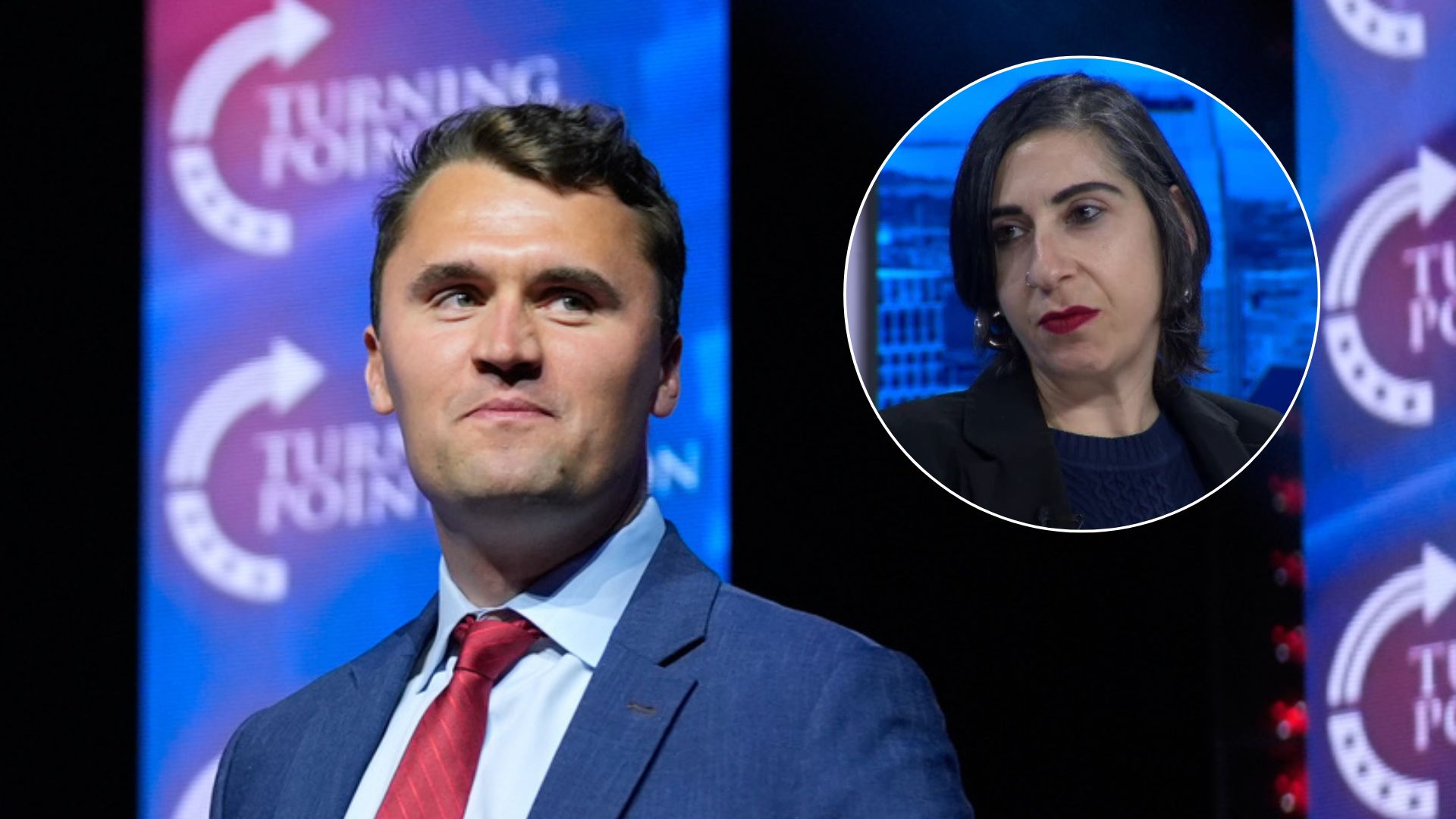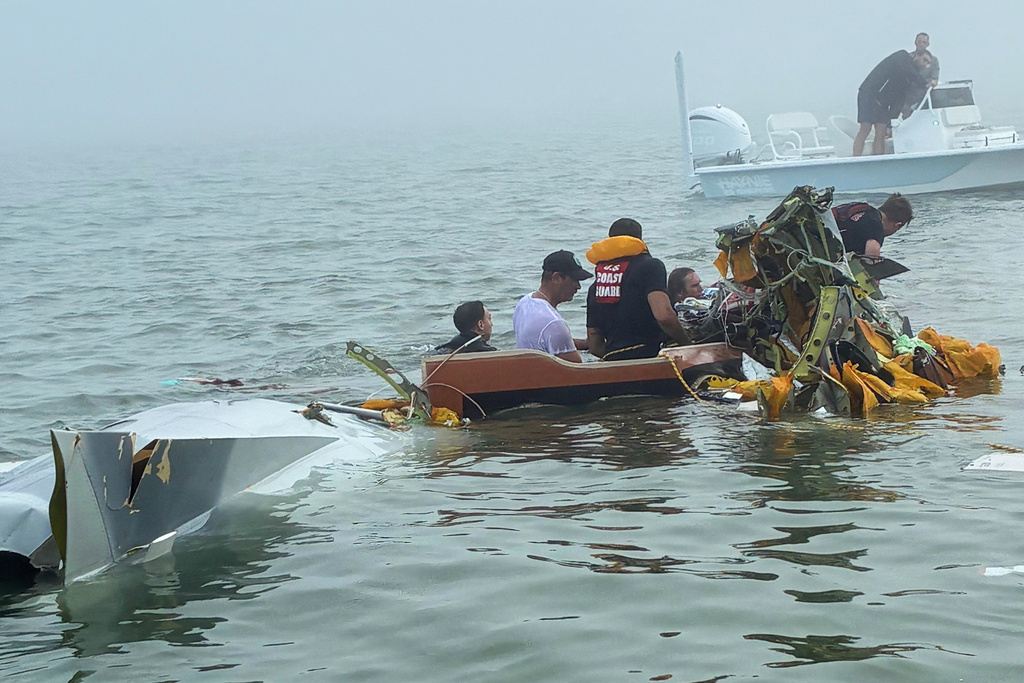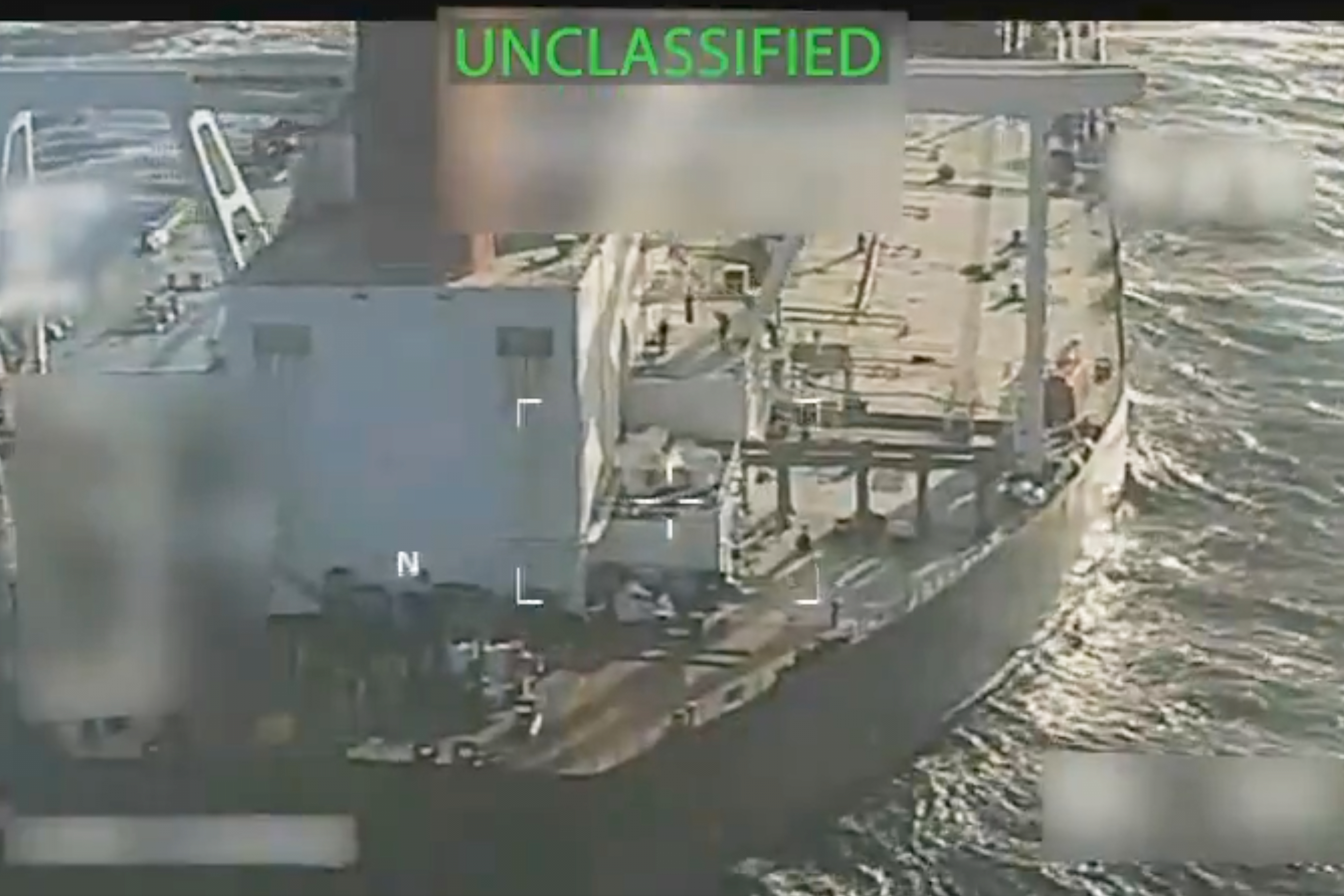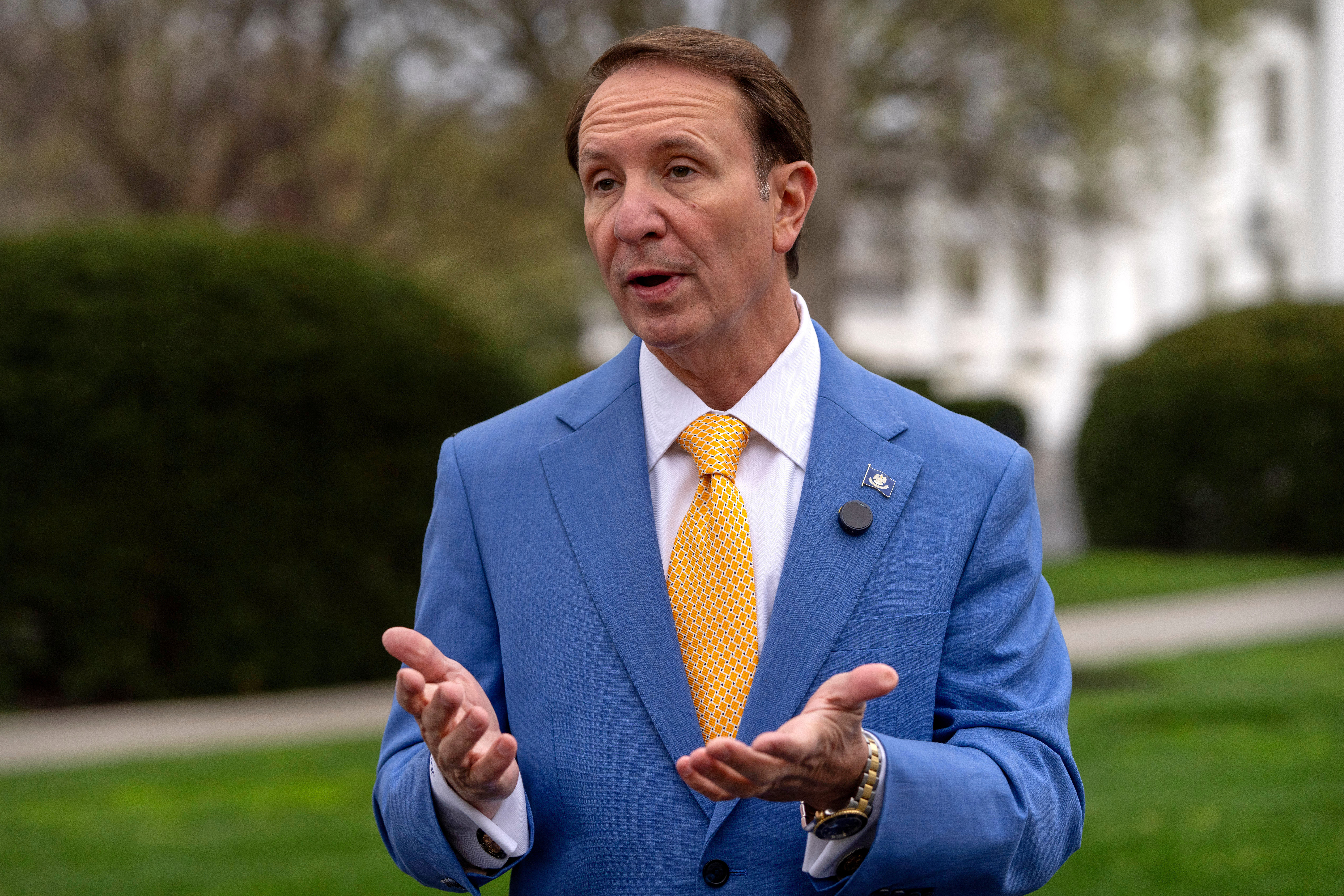Japan's prime minister says his country will no longer stick to the passive foreign policy it's followed since the end of WWII. (Via Flickr / World Economic Forum)
Instead, Japan is ending its self-imposed ban on aiding an ally under attack or helping in a United Nations peacekeeping effort. (Via ITN)
And its increasingly unfriendly relationship with a burgeoning China is likely the cause.
See, for 60 years, Japan has kept a fighting force specifically banned from fighting abroad. Essentially, it's been meant only for self defense. (Via YouTube / Andy Cruise)
That's thanks to the U.S. and General Douglas MacArthur, who totally demilitarized Japan post-WWII, even banning martial arts in the country. (Via U.S. National Archives)
And in all global conflicts since, even in coalition efforts from its ally America, Japan has made a habit of staying out of it. (Via CNN)
Which was fine, as long as Japan's economy was surging and it was the clear regional power in east Asia — but it no longer is. China has become more assertive in the Pacific by the day.
And Japanese PM Shinzo Abe says he won't sit back any longer.
ABE: "We need to develop legislation that ensures security, creates peace and protects people's livelihoods." (Via Euronews)
Although Abe has the approval of Japan's parliament, there are still legal barriers to clear. And the nation would still restrict itself from starting foreign wars. But it could theoretically help the U.S. or another ally.
The policy shift has drawn a harsh response from China's government, who accused Japan of "fabricating the China threat to promote its domestic political agenda." (Via CCTV)
But the Obama White House is likely pleased with Japan's decision. The U.S. has long encouraged the nation to take a more active role in the Pacific. Now, it's doing just that.











